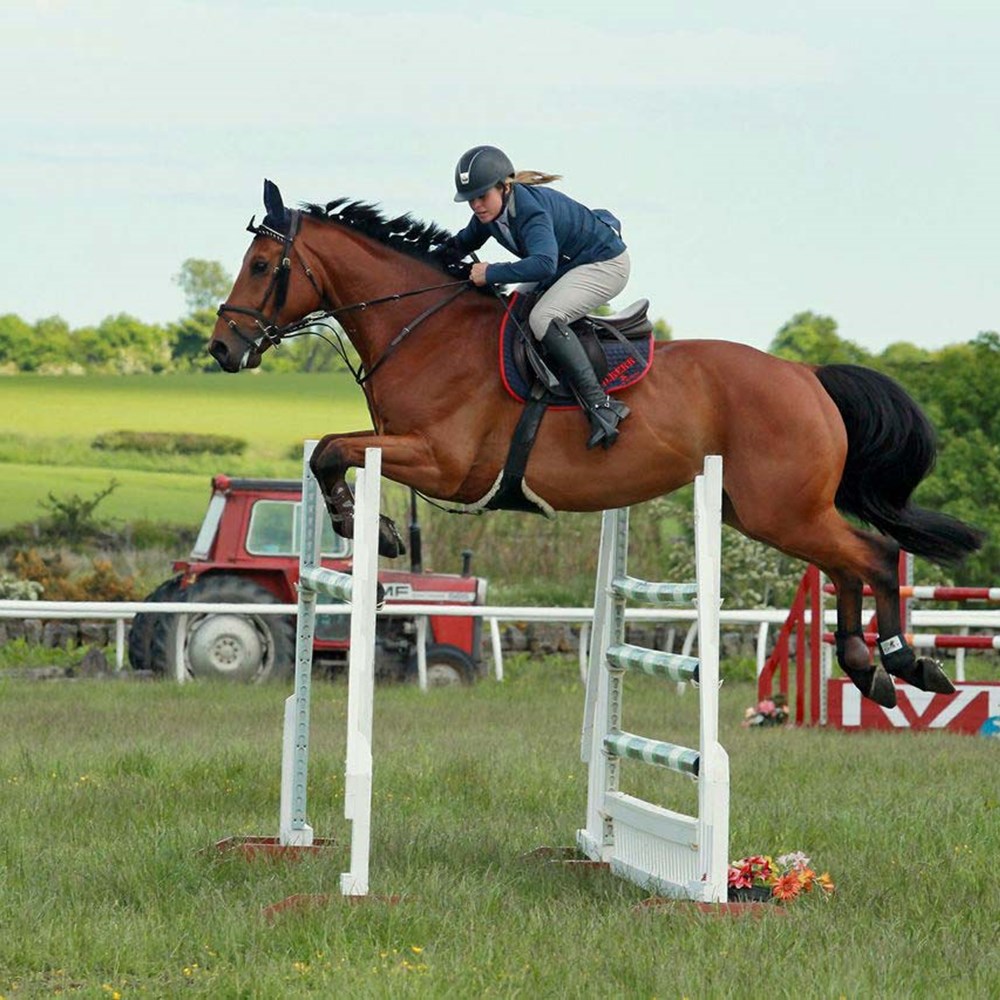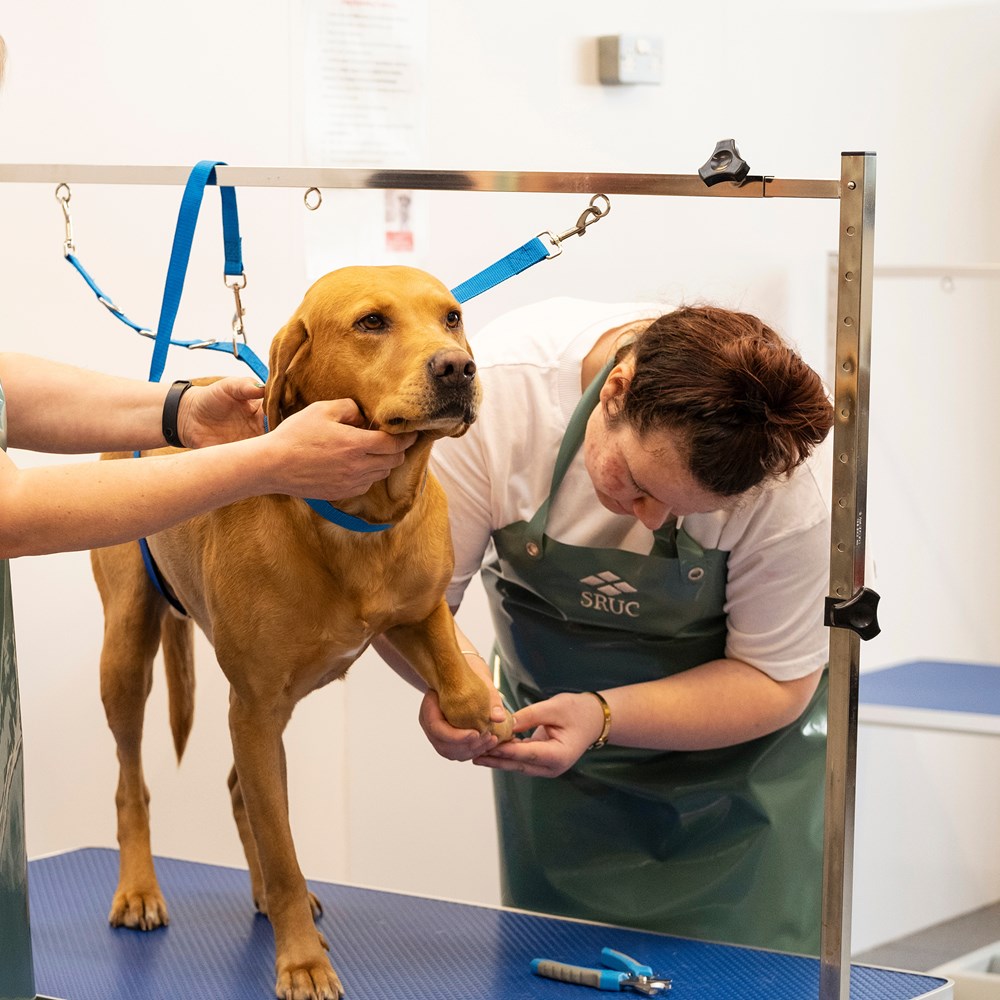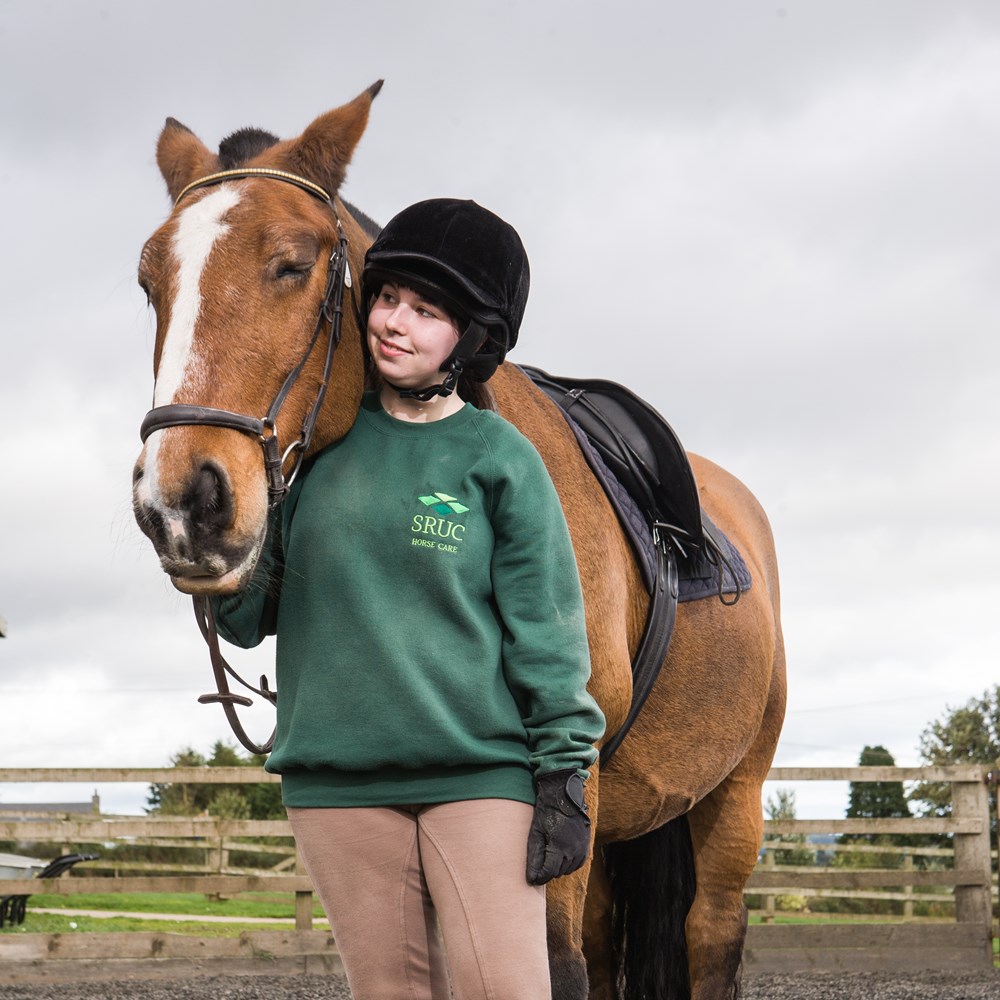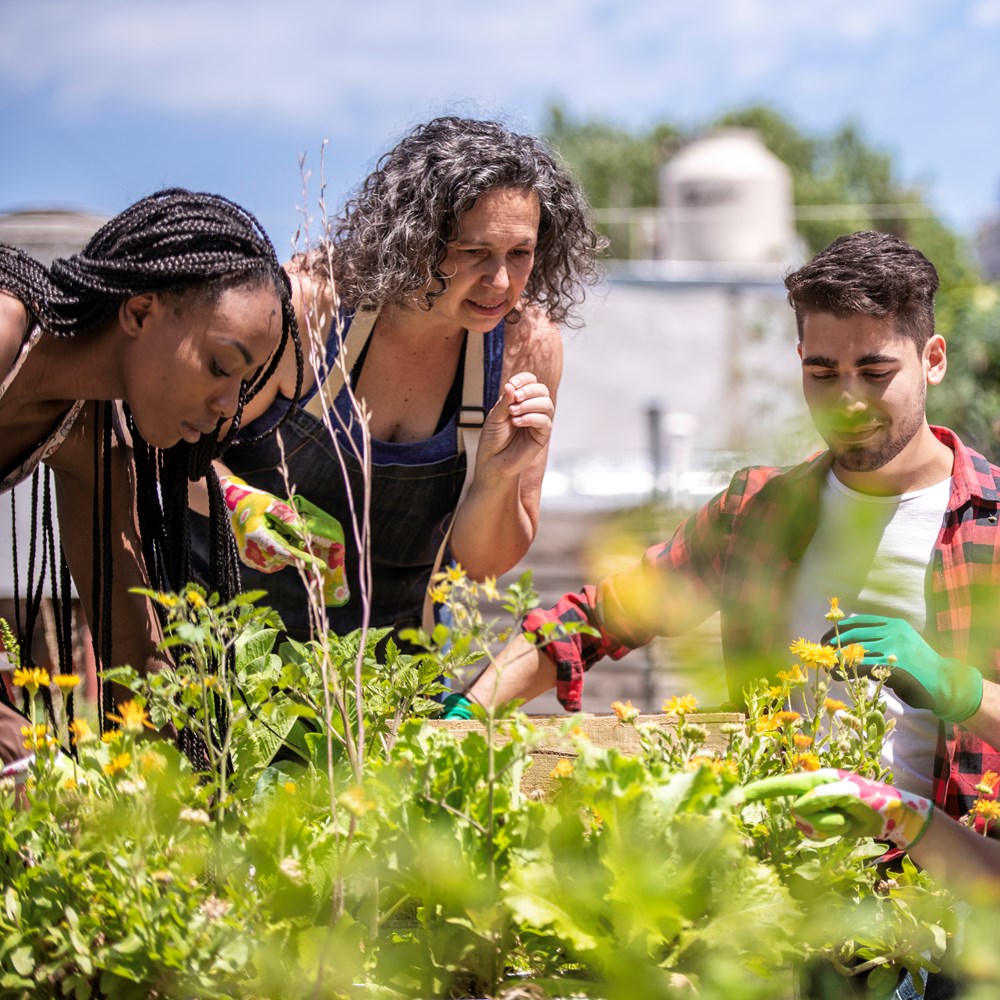Disabled people, physical demands, and reasonable adjustments


Physical demands of SRUC courses
Many of SRUC’s courses are very practical and physical in nature. If you have any disability or health condition that may impact on your ability to undertake some of these or similar activities, please contact us in advance of your application so that we can investigate any reasonable adjustments to course content, assessment or facilities.
Examples include managing and working large and heavy machinery, working outdoors, bending and digging, building and carrying, construction and other manual activities, walking medium to long distances, handling knives or other implements, and handling and working with potentially dangerous equipment or chemicals. Some courses have specific physical/practical standards which you must meet, for reasons of health and safety, in order to be offered a place on the course.
Disabled people and reasonable adjustments
A person who has a disability is defined as a disabled person for the purposes of the Equality Act 2010 if they have a physical or mental impairment, and the impairment has a substantial and long-term adverse effect on their ability to carry out normal day-to-day activities.
SRUC proactively considers barriers which certain groups of students may face, and seeks to eliminate or reduce them as part of our duty to make anticipatory and individual reasonable adjustments for students with disabilities. These barriers could be removed by making changes to provisions, criteria or practices, physical features and auxiliary aids for students.
SRUC tries to anticipate the needs of disabled people and will make reasonable adjustments to the ways that competence standards are assessed, so that disabled students are not put at a substantial disadvantage.
Prospective students are encouraged to let SRUC know if they have a disability, even if they are not sure, so that they can be supported and the required reasonable adjustments can be made wherever possible. If students do not meet the course competence standards required and the mode of assessment of their course of choice, staff will support them to consider other pathways.
Course-specific requirements to consider:

Veterinary Nursing and Veterinary Medicine
Veterinary Nursing and Veterinary Medicine courses can be both physical in nature and emotionally demanding. Those with additional needs should note that the reasonable adjustments we are able to make for these courses are limited to those that will enable you to practice as a Veterinary Nurse or Vet. Disability guidance on the recruitment of veterinary students and information on fitness for student veterinary nurses or veterinarians can also be found on the Royal College of Veterinary Surgeons website.

Horse Care and Equine Studies
Horse Care and Equine Studies applicants may need to be a competent rider and also be physically able to handle and care for the horses. We recommend you undertake as many horse-related practical activities as possible before starting the course.
Additional Information

Prospective students are invited to attend our open days. It is particularly important that students with disabilities make use of this opportunity. This way you can assess your capabilities with the facilities available and the physical environment of the campus. Some courses are offered at more than one campus and it may be that one campus is more suitable than another. Please also take the opportunity to contact the Student Support Team at your chosen campus as soon as possible.

Applicants to whom an offer is to be made on the basis of current or predicted academic achievement and other information provided during the application process, and who declare a disability at application, will be contacted to discuss their individual needs. Please refer to Student Support for additional information.

You might be required to undertake a mandatory Protecting Vulnerable Groups (PVG) check if the course requires a placement where you are expected to work with protected/vulnerable groups. Applicants who are eligible for an offer of admission will be given information regarding the PVG scheme with their offer. A list of courses requiring a PVG check is available from the Admissions Team.
